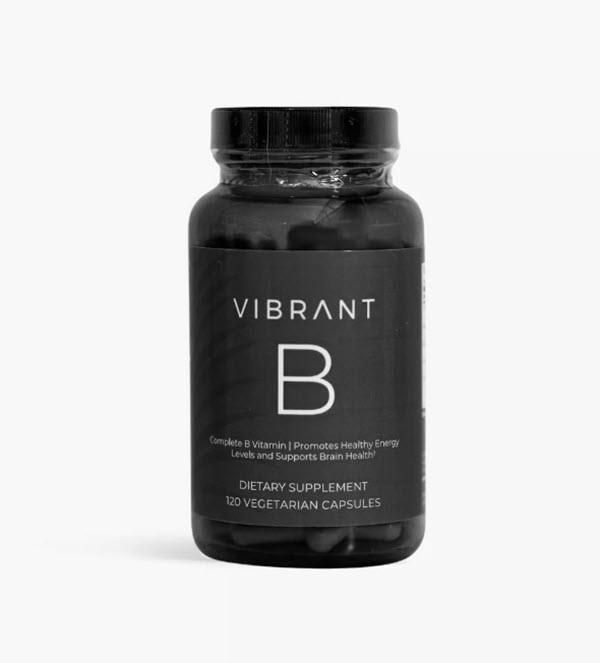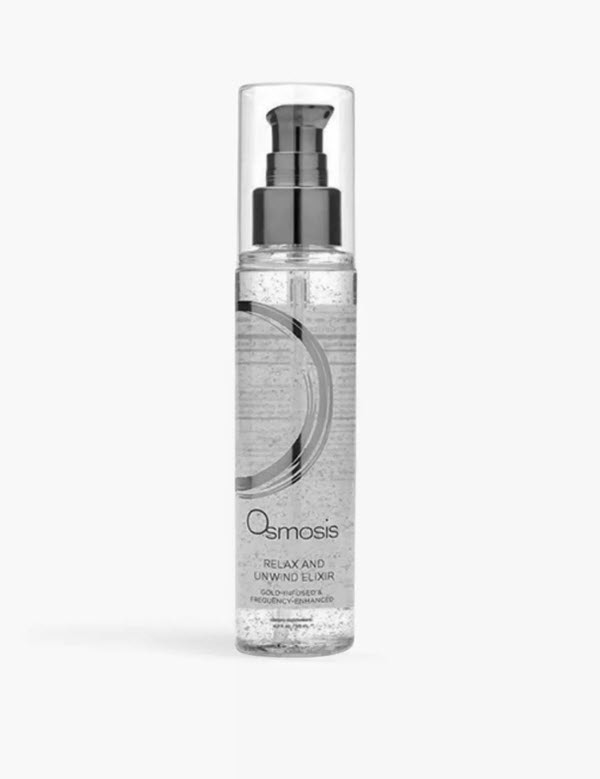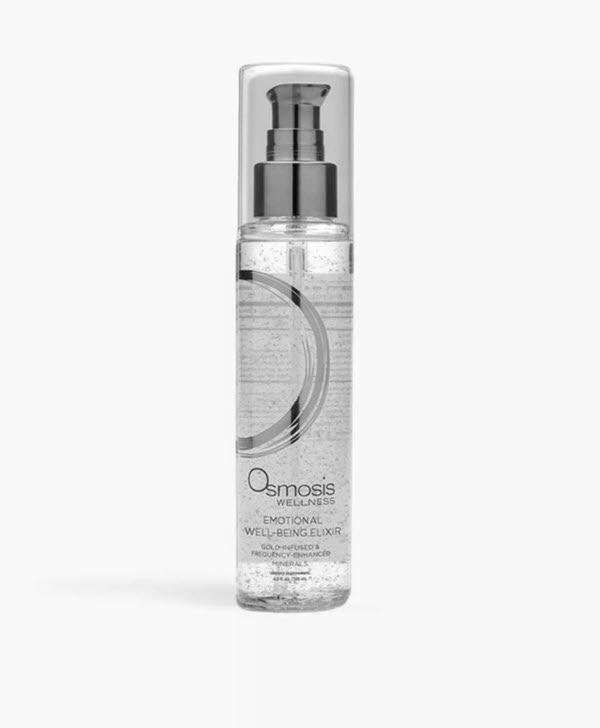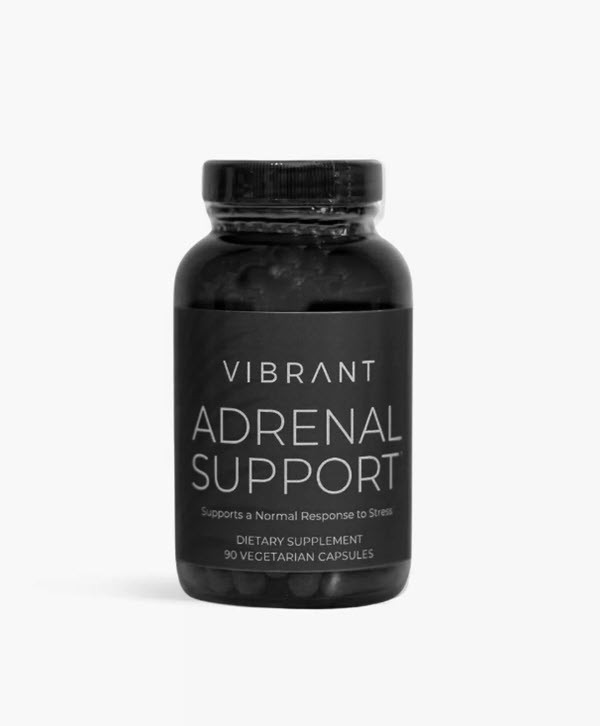Stress can cause inflammation and lead to chronic illnesses, impacting sleep quality, mental health, and emotional wellbeing. Learning to manage and relieve chronic stress is essential if you wish to address any inflammatory health issue, such as rheumatoid arthritis, asthma, or psoriasis.
Learn how stress and inflammation are related and how reducing stress can alleviate the symptoms.

Stress is a natural defense mechanism that sustains the body by warding off potentially dangerous agents, both physical and mental. Research has shown that prolonged physical, emotional, and mental stress triggers or worsens inflammation.
When the body experiences stress, it activates the hypothalamic-pituitary-adrenal (HPA) axis, leading to the release of cortisol and other stress hormones. While cortisol generally has anti-inflammatory effects, chronic stress can dysregulate this response, resulting in elevated levels of pro-inflammatory cytokines. This prolonged inflammatory state can contribute to various health issues, including cardiovascular disease, diabetes, and autoimmune disorders.
Stress-provoked inflammation can manifest both physiologically and psychologically, varying in intensity, frequency, and duration. It may also be a sign of an underlying health issue. Always consult a healthcare professional to determine the root cause of your symptoms.
The most common stress-related inflammation symptoms include the following:
Note: A hormonal imbalance may also lead to some of the symptoms listed above, such as brain fog, anxiety, depression, weight gain, and insomnia.
Stress-linked inflammation can affect different organs and impact various biological functions, leading to rheumatoid arthritis, cardiovascular disease, inflammatory bowel disease (IBD), and depression.
The following organs are most vulnerable to stress-induced inflammation:
Prolonged stress exposure disrupts neural function by stimulating an overproduction of stress hormones and pro-inflammatory cytokines. Increased inflammation can lead to the rewiring of neural circuits in the brain, contributing to mood disorders, cognitive decline, and an increased risk of neurodegenerative diseases such as Alzheimer's or Parkinson’s.
Chronic stress disrupts the balance of gut bacteria, which can contribute to an inflammatory bowel disease (IBD), such as Chron’s disease or ulcerative colitis. Increased inflammation in the intestinal lining is often associated with digestive problems, such as reduced appetite, indigestion, constipation, bloating, and chronic diarrhea.
Note: Read our article on the connection between gut health and hormones.
There are proven methods to lower cortisol levels and reduce inflammation. Managing stress can have a powerful anti-inflammatory effect, improving overall mental and physical health.

Low-impact physical exercises, such as yoga, aerobics, and gentle stretching, can reduce cortisol and lower the levels of inflammatory biomarkers. Physical movement also promotes the release of endorphins, the brain’s feel-good neurotransmitters that boost mental and emotional health.
A regular workout regime can also help you lose weight gained due to stress. Experts encourage slowly increasing the intensity and exercising within your limits to avoid injuries and improve overall stamina.
Note: Read more about the link between stress and weight gain.
Diet is the cornerstone of health because it can reduce inflammation, modulate the activity of stress hormones, and increase longevity. A balanced, nutrient-rich diet helps regulate inflammatory responses, minimizes stress symptoms, and staves off stress-induced autoimmune diseases and other health issues.
Adopt an anti-inflammatory diet rich in antioxidant ingredients, such as leafy greens, berries, nuts, green tea, spices (e.g., turmeric, cinnamon), and fatty fish. Avoid pro-inflammatory foods, such as processed food, deep-fried or fried food, artificial sugar, sugary beverages, trans fats, and refined carbohydrates.
Dietary supplements can reverse nutrient deficiencies, combat oxidative stress, and boost the immune system. Essential nutrients contain potent anti-inflammatory components that support gut health, promote relaxation, and reduce the inflammatory response.
You can mitigate stress-induced inflammation by taking:




*Disclaimer: These supplements have not been evaluated by the Food and Drug Administration. These products are not intended to diagnose, treat, cure, or prevent any disease.

Sleep is vital for combating stress-provoked inflammation. It helps optimize cortisol levels, bolsters the immune response, and lowers the risk of chronic or long-term illnesses. Being well-rested will help you cope with stress better and be more resilient to infections and diseases.
Studies confirm the connection between sleep loss and inflammation, and sleep experts recommend between 7 and 9 hours of sleep per night for adults. You can improve your sleep hygiene by following a consistent sleep schedule, avoiding screens and heavy meals before bed, and creating a relaxing bedtime routine. Vibrant MG and Relora to improve sleep will also help you balance your circadian rhythm.
Constant stress affects the skin. It causes frequent flare-ups, acne breakouts, and sebum overproduction, and worsens conditions such as eczema, psoriasis, and rosacea. Stressed skin may become saggy, dull, and sensitive to outside factors, such as air-borne pollutants and allergens.
With an anti-inflammatory skincare regime and antioxidant skincare products, such as SkinMedica Ultra Sheer Moisturizer and Osmosis MD Replenish Antioxidant Infusion Serum, you can fortify skin’s protective barrier and reduce its sensitivity.
Choose clinically-tested medical-grade skincare products that contain powerful anti-inflammatory ingredients, such as resveratrol, niacinamide, and aloe vera. Consult a dermatologist before trying a new product to check its suitability for your skin type and concern.
Stress-relief activities promote wellbeing, foster relaxation, and lower cortisol levels. The following hobbies and activities have a calming, therapeutic effect:
Seek professional medical help if the symptoms persist and become more frequent or severe. Early diagnosis and adequate treatment help to prevent the development of many stress-provoked inflammatory conditions.
Schedule an appointment if you experience any of the following:
The cumulative effects of stress can lead to low-grade inflammation, a precursor of chronic diseases. Lack of adequate coping skills can exacerbate your health condition and put you at risk of severe medical conditions.
Treatments, supplements, and lifestyle changes can help lower stress-induced inflammation and prevent potential risks and complications.
Contact our friendly Vibrant Vitality Clinic staff for more information on this topic.




4325 E Indian School Rd, Suite 130
Phoenix, AZ 85018
United States
(480) 422-2058
info@vibrantvitalityclinic.com
Monday - Friday: 9:00 am - 6:00 pm
Saturday: 9:00 am - 3:00 pm
Sunday: Closed
